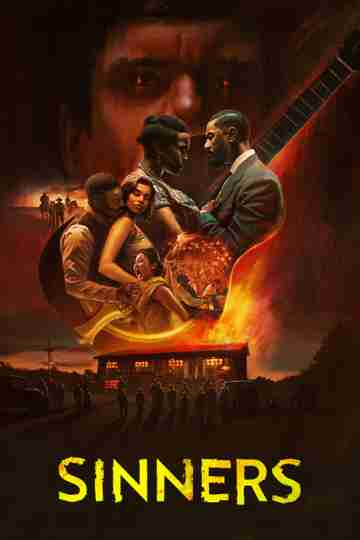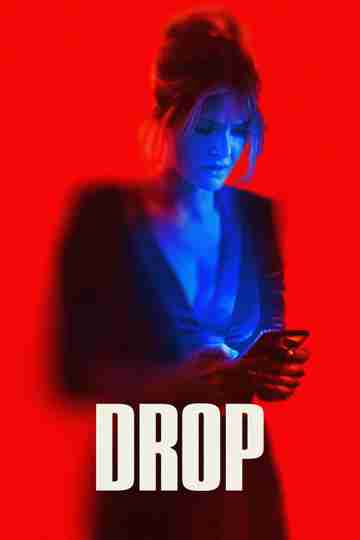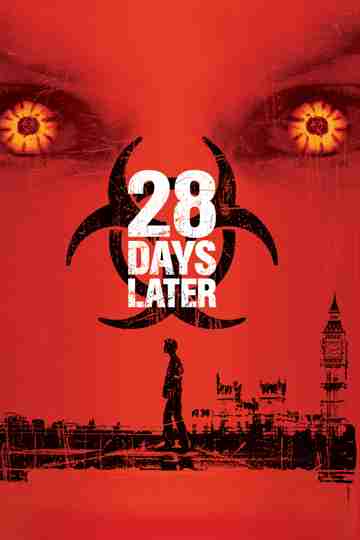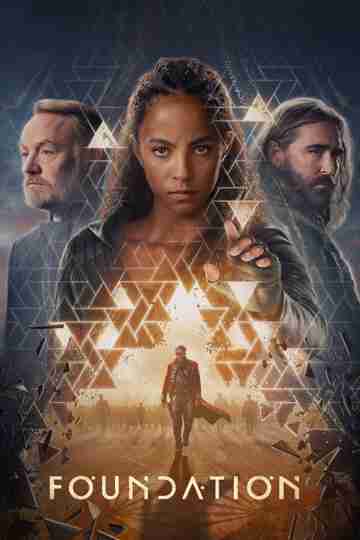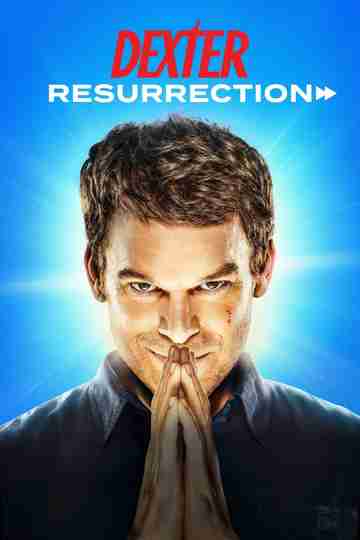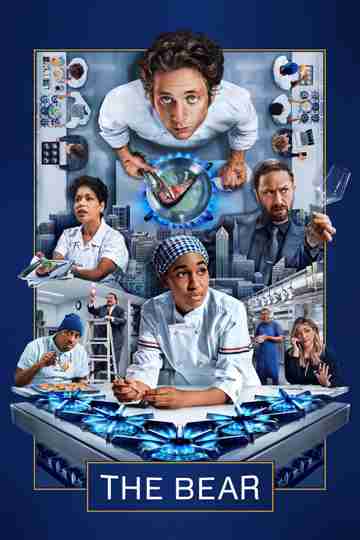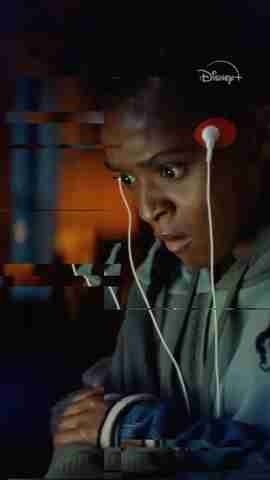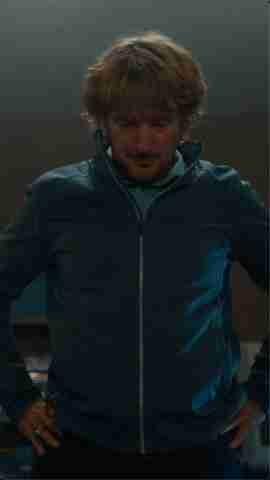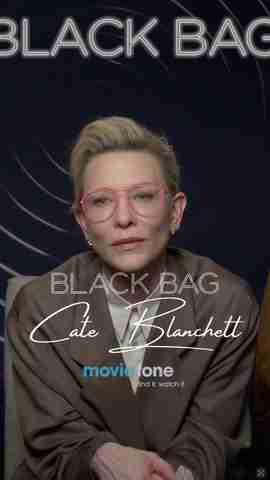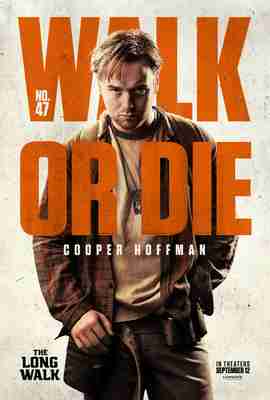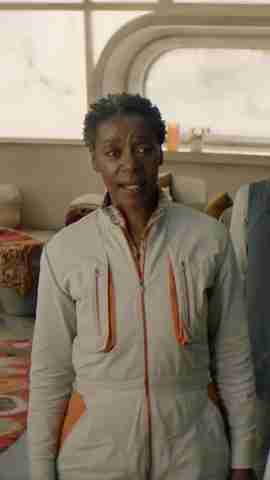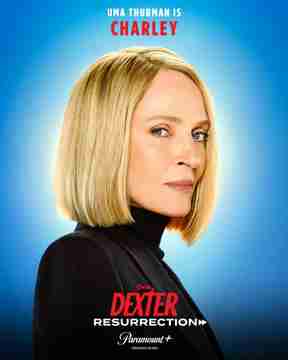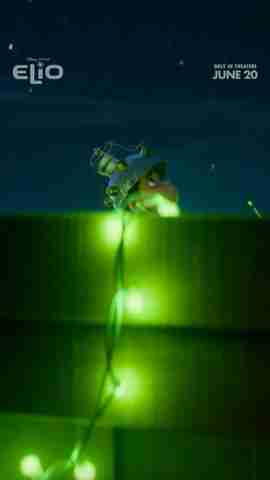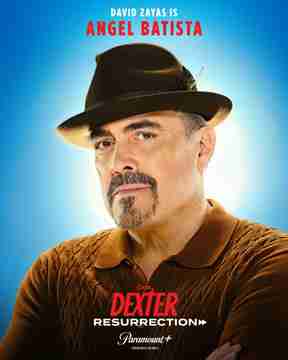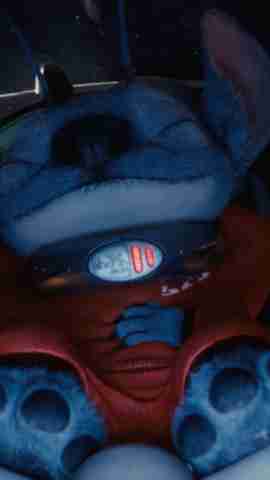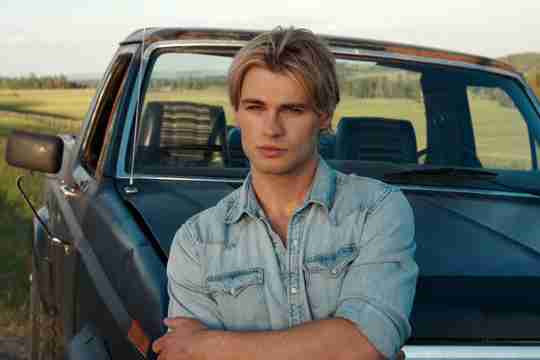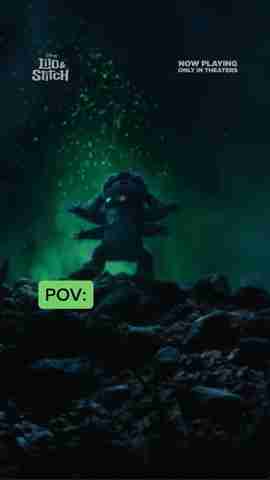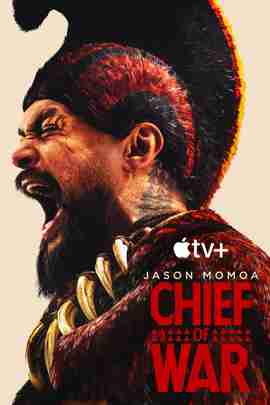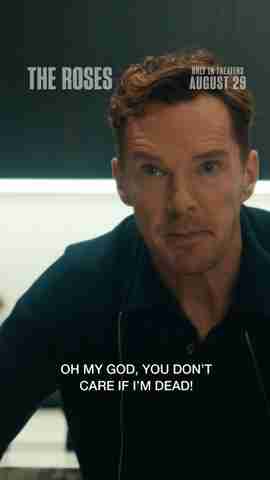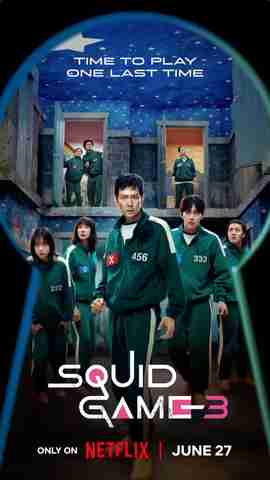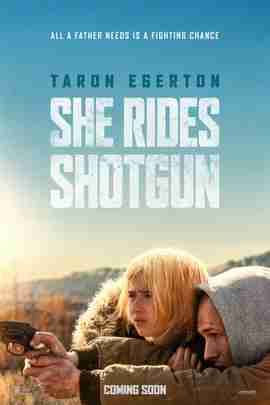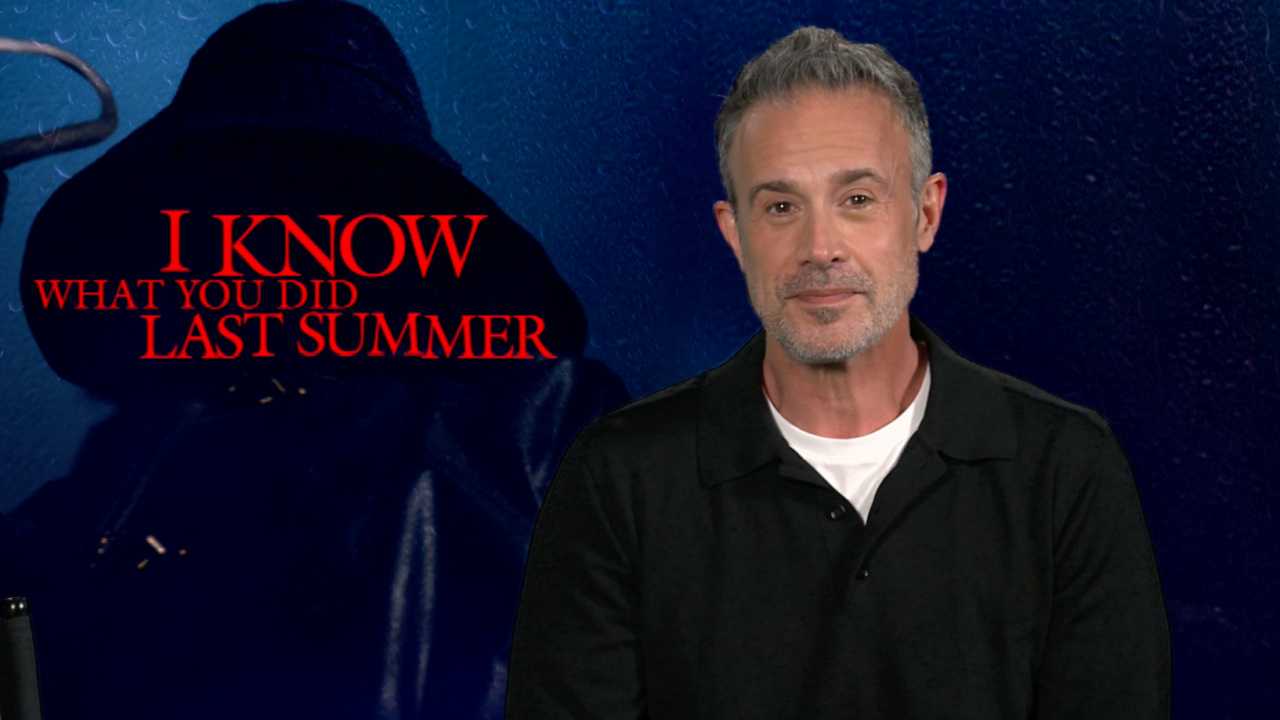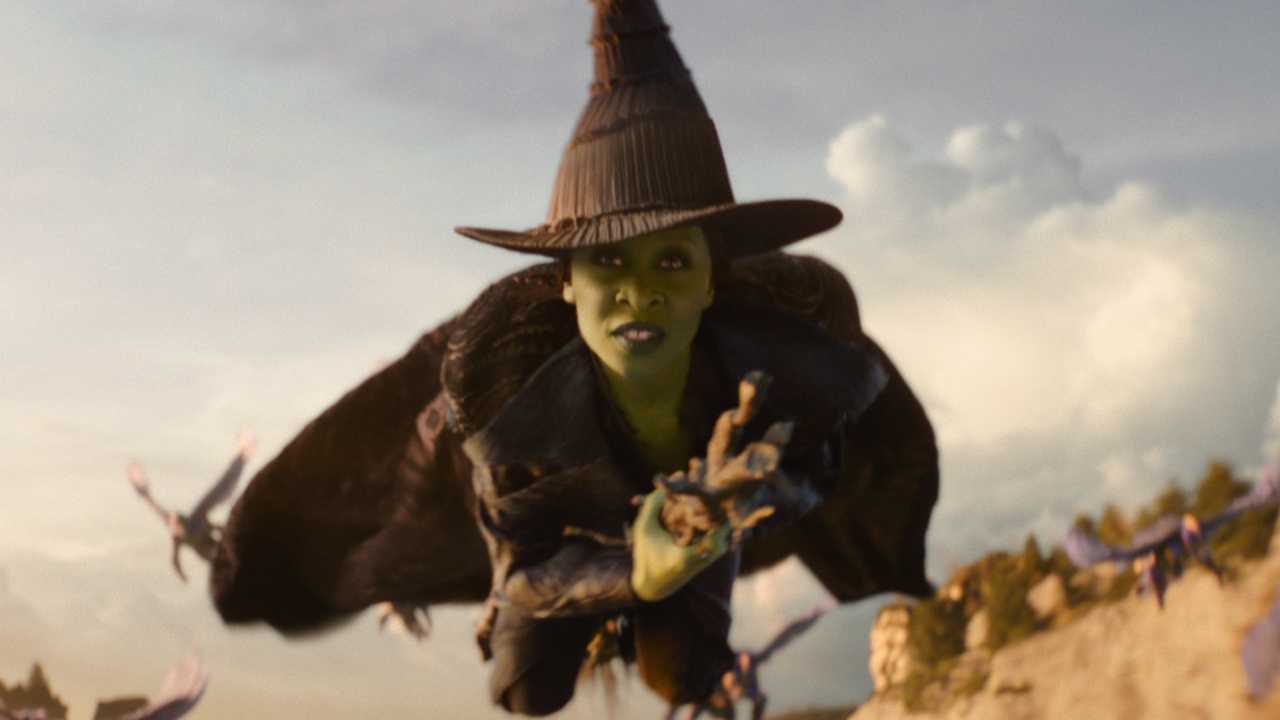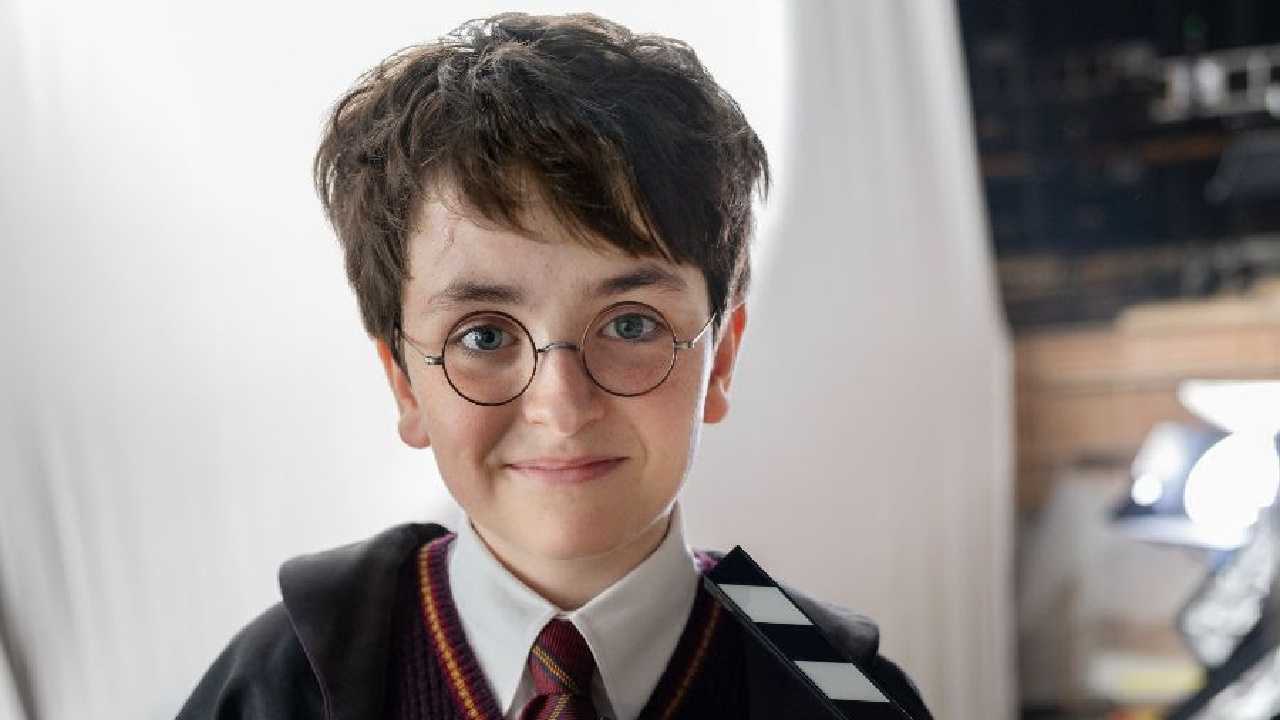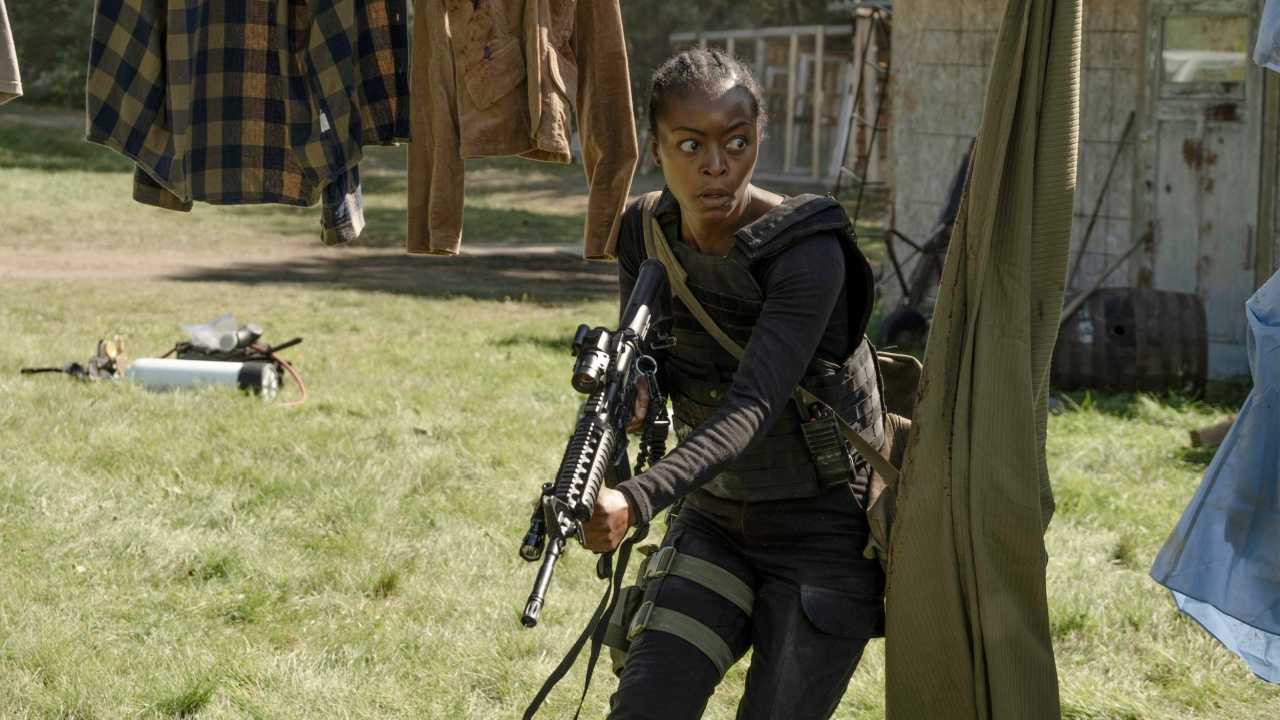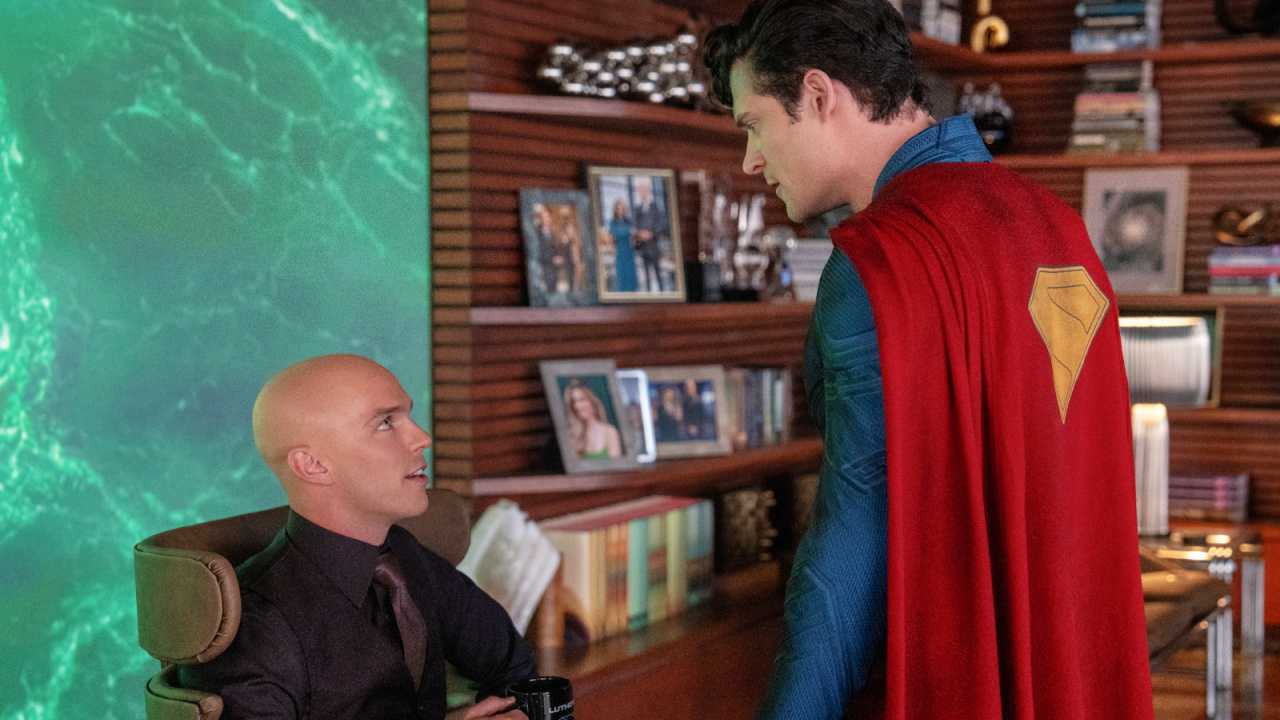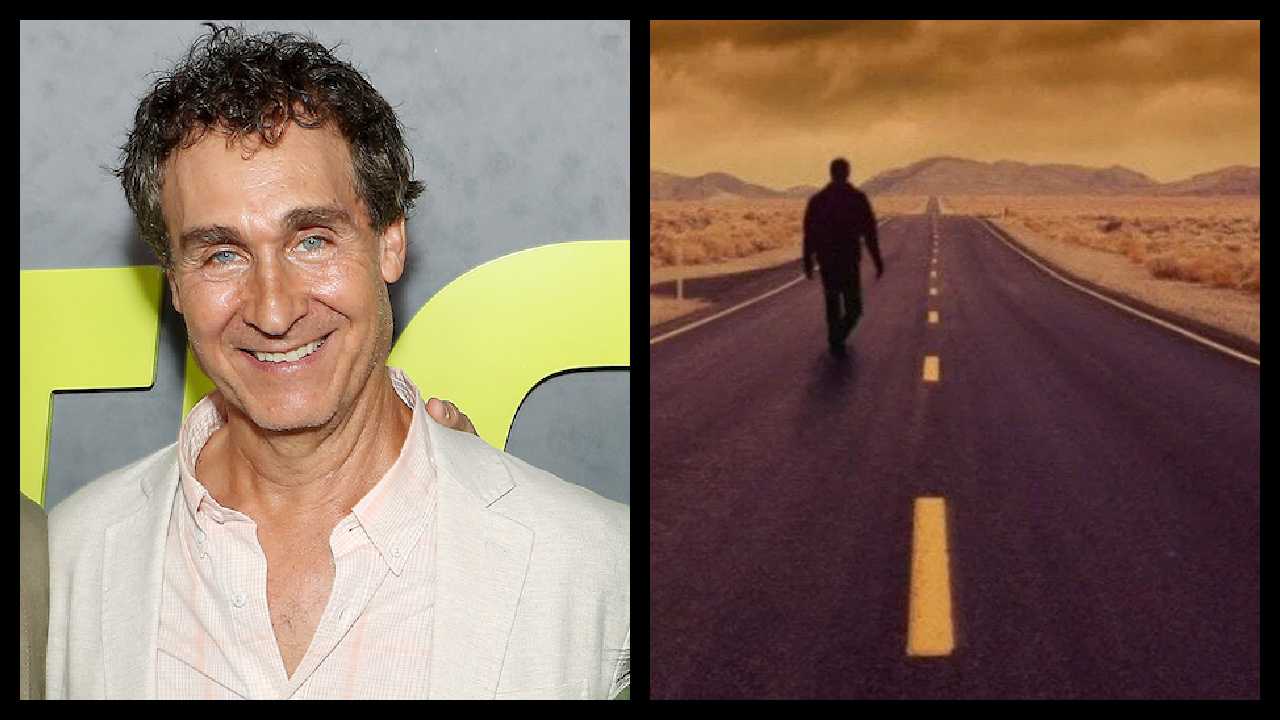Every Joss Whedon Show, Ranked
Joss Whedon is one of the most talented and in-demand creators in Hollywood. Between his work on the first two "Avengers" movies for Marvel Studios, his low budget doodles (like the terrific "Much Ado About Nothing"), and his attempt to salvage "Justice League," he's one of the biggest forces in cinema. But he was also one of the creators who kick-started the golden age of television. (He's set to return with a new show for HBO called "The Nevers.") And in that vein, we want to rundown his television shows, from worst to best. (Keep in mind these are the series that he created or co-created.)
5. 'Agents of S.H.I.E.L.D.' (2013 – present)
Whedon so famously fell out with the Marvel Studios overlords following the hellish production of "Avengers: Age of Ultron" that it's hard to remember a time when he was their golden boy, advising on almost every film and creating this intriguing television property, based around the secret agency that frequently intersects with your favorite superheroes. Of course, the problem with bringing back Agent Coulson (a very game Clark Gregg) is that it robs the first "Avengers" of its emotional thrust. And oftentimes the show, which claims to take place in the same universe as the beloved blockbusters, feels positively threadbare in comparison. Still, the show has its defenders and will return this summer for a truncated final season.
4. 'Dollhouse' (2009 – 2010)
It's unclear what, exactly, Whedon could have done to make "Dollhouse" a success. He stocked the creative side with some of his most notable collaborators --including Tim Minear, Jane Espenson and Steve S. DeKnight -- and filled the cast with notable performers including (but not limited to) Eliza Dushku, Harry Lennix, Fran Kranz, and Olivia Williams. Even the series' premise -- about Actives working for a mysterious company that can rewire their personalities for each mission -- was a high concept dream. But, sadly, the show proved too weird -- too sexy, too confrontational, too provocative -- and it was quietly shuttered after only 26 episodes. Still, it's arguably Whedon's strangest and more challenging show and, would it have aired on Netflix, would have probably enjoyed a long life.
3. 'Firefly' (2002)
"Firefly" was definitely over way too soon. Whedon's charmingly esoteric space western (he took that conceit far more literally than anyone probably imagined), was full of wonderful characters and a larger mystery that was never fully explored. But its place in the pop culture pantheon has been somewhat inflated over time, with the release of a feature film ("Serenity" only slightly more watched than the series) and the titular ship's inclusion in Steven Spielberg's nostalgia bonanza "Ready Player One." Yes, it's good, but it was over almost as soon as it began, leading the question of whether its greatness was inherent or needed to be achieved.
2. 'Angel' (1999 – 2004)
Admittedly, when "Angel" began, it didn't quite know what it wanted to be. It was a spinoff from "Buffy the Vampire Slayer," ordered (perhaps in haste) during the peak of that show's popularity. But when Angel (David Boreanaz) landed in Los Angeles, it wasn't quite clear what he was supposed to do except, for some reason, become a private detective. As the show moved along, the themes deepened and -- structurally and stylistically -- it went out on a limb. By the fifth and final season (arguably its best), "Angel" had mutated from a guilt-plagued cop show into a bizarre, Whedon-verse take on a legal drama. And it was glorious.
1. 'Buffy the Vampire Slayer' (1997 – 2003)
When "Buffy" first began, it was more a punch line than a future classic -- it was based on an indifferently received cult movie (that Whedon, who wrote the screenplay, largely disowned) and debuted on a new network (The WB) that hadn't found its footing. And yet, she persisted. "Buffy" would ultimately become a game changer on the small screen, propelled largely by Whedon's gift for snappy dialogue, soapy storylines, and a feminist subtext that became flat-out text (particularly by the end of the uneven final season). This show helped usher in the golden age of television that we're all enjoying now. But that isn't to say that we don't miss the Scooby Gang every single day (and, yes, the comics are great).

